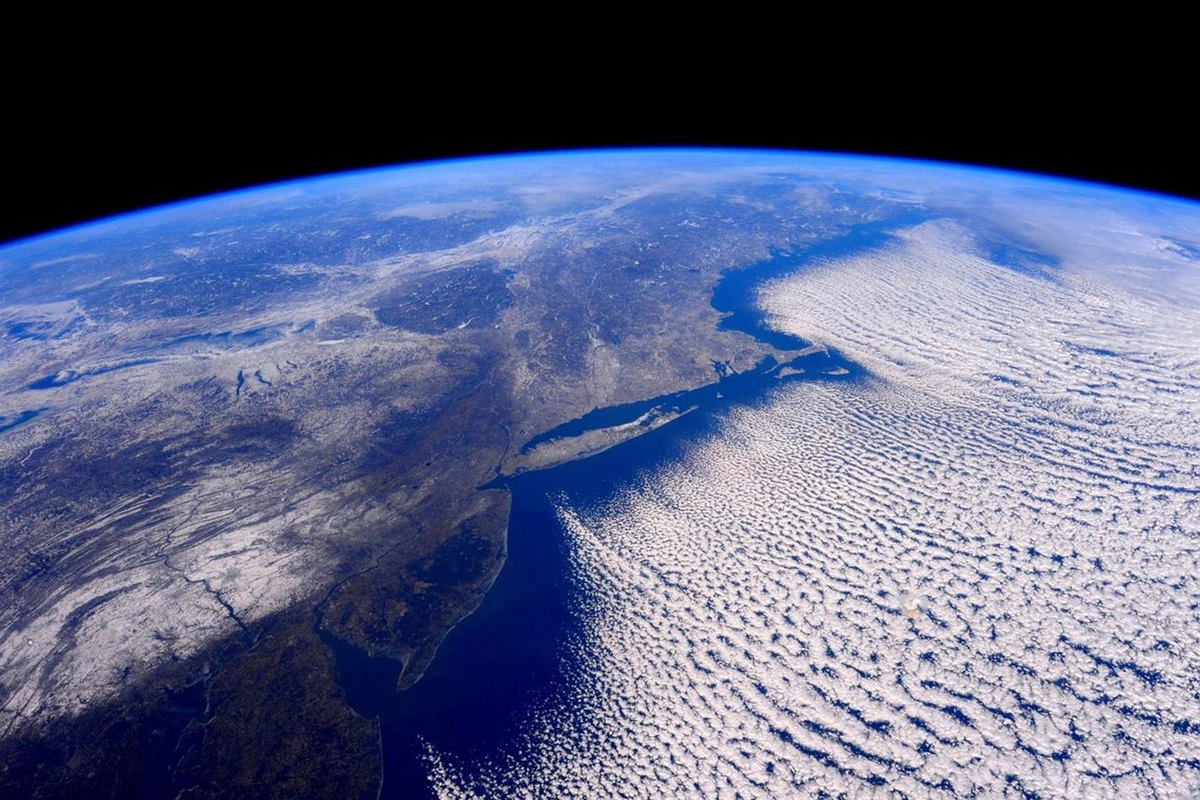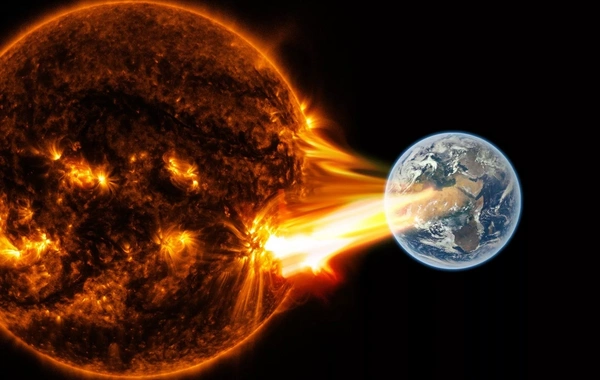Scientists made a new alarming statement about the upcoming catastrophe on Earth

According to a new international study, even if global warming is kept at 1.5 degrees Celsius - which is considered the optimal threshold - the melting of the Greenland and Antarctic ice sheets could still lead to a sharp rise in global sea levels and large-scale population migration, CNN reports.
Scientists analyzed satellite data, climate models, and geological evidence, including ice cores, deep-sea sediments, and even DNA of marine organisms, to determine what level of warming can be considered "safe" for the stability of ice sheets.
The results were alarming. The world is already on track to warm by 2.9 degrees by 2100, and even the current level - about 1.2 degrees - may prove critical. The study, published in the journal Communications Earth and Environment, showed that ice sheets may begin to retreat rapidly even if warming does not intensify.
Greenland and Antarctica contain enough fresh water that, if completely melted, would raise ocean levels by 65 meters - an unlikely but potentially possible scenario. Since the 1990s, the rate of ice loss has increased fourfold: now about 370 billion tons of ice are lost annually, and this process has become the main cause of sea level rise. Over the past 30 years, the rate of this rise has doubled.
Scientists emphasize: warming even to 1.5 degrees can trigger processes irreversible on human timescales. By the end of the century, sea levels could rise at a rate of 0.4 inches (about 1 cm) per year, leading to an increase of more than 1 meter over a hundred years - this will cause mass relocation of hundreds of millions of people and serious damage to coastal infrastructure.
According to one of the authors, glaciologist Chris Stokes from Durham University, we are already seeing the worst predictions come true. "There's not much that can give us hope. At best, we're looking at a slow and steady rise in sea level," he says.
It was previously thought that significant melting would begin at warming of 3 degrees, but new estimates lower this threshold to 1.5 degrees, and possibly to 1.0. To prevent glacier destruction, the world needs to reduce emissions to a minimum, which is unlikely at present: countries continue to actively use fossil fuels.
Nevertheless, scientists emphasize: every reduction in the rate of warming matters. "Limiting warming to 1.5 degrees is an important goal. It won't stop sea level rise, but it will help slow down the consequences," Stokes concludes.
Similar News
Astronomers reported a powerful explosion on the side of the Sun hidden from Earth
An extremely powerful double explosion was recorded on the far side of the Sun last night. This was reported by the Laboratory of Solar Astronomy at the Space R...




 Azərbaycanca
Azərbaycanca  По-русски
По-русски  English
English 





